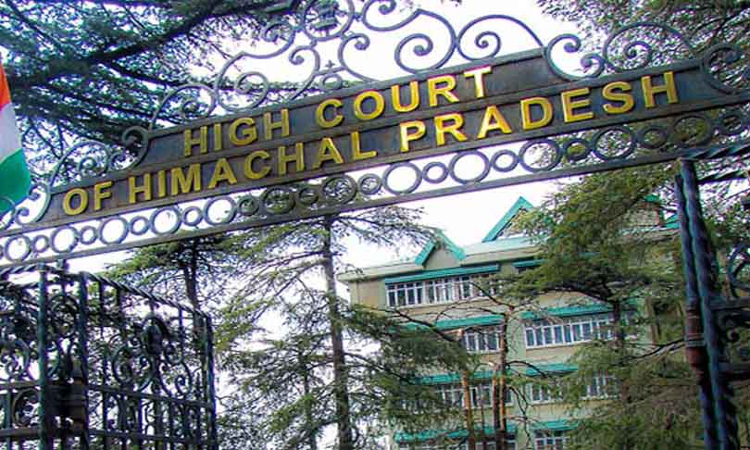Probation Of Offenders Act Does Not Bar The Grant Of Probation To Spoilt Brats: HP HC
Akshita Saxena
30 Nov 2019 10:03 PM IST

Next Story
30 Nov 2019 10:03 PM IST
Taking suo moto cognizance of a complaint against release of one Raghubir Singh under Section 4 of the Probation of Offenders Act, 1958, after his conviction under Section 332 IPC for beating a police officer, the Himachal Pradesh High Court upheld his release on probation and remarked that the Act does not bar the grant of probation to "spoilt brats". Justice Anoop...
